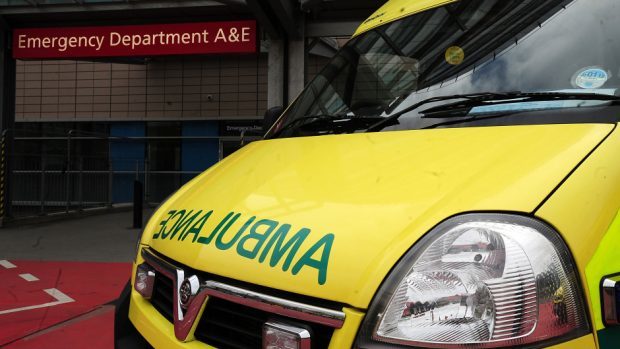In her monthly column Susan Webb, director of public health for NHS Grampian, talks about the signs of a stroke
A stroke happens when the blood supply to part of your brain is cut off.
Without blood, your brain cells can be damaged or destroyed and it may not be able to do its job properly.
Your brain controls everything you do, feel and think and so a stroke can have a lasting impact on your physical and mental health: paralysis, fatigue, communication and vision.
Many strokes can be prevented. The choices you make about your lifestyle – if you smoke, drink alcohol, are physically inactive or overweight your risk of a stroke will increase.
Medical conditions such as high blood pressure, high cholesterol and diabetes can also increase your risk.
Taking steps to change as many of your risk factors as you can, lifestyle changes and the right medication, will help reduce your risk.
However, there are things you can’t change – for example your family history, getting older, being male (if you are under 75) and coming from ethnic background. When you have risk factors that you can’t change having a healthier lifestyle is even more important.
The good news is that early recognition and treatment of a stroke can significantly increase your recovery.
It is extremely important to be aware of the early signs and symptoms. A stroke can happen at any time to anyone.
Usually there is little or no warning so it is really important that if you see someone with any one of the early signs of a stroke, Think FAST and dial 999.
FAST stands for Face, Arm, Speech and Time (to call 999). FAST asks you to look for specific signs which indicate that someone might be having a stroke.
These are: Facial weakness – can the person smile? Has their mouth or eye drooped?; Arm weakness – can the person raise both arms?; Speech problems – can the person speak clearly and understand what you say?; Time – to call 999
If someone is showing any of these signs don’t wait, call 999.
A stroke is a medical emergency and by calling 999 you can help someone reach hospital quickly and receive the early treatment they need.
Prompt action can help to prevent further damage to the brain and help someone make a full recovery.
